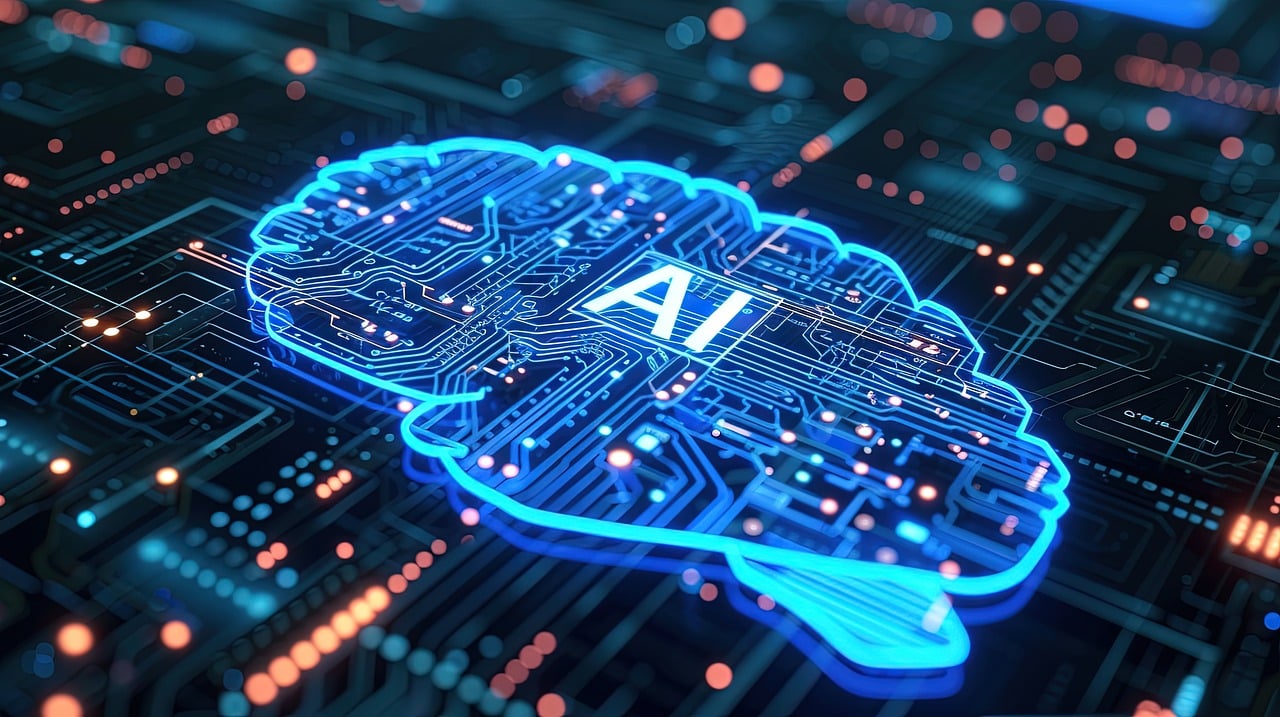
This article aims to provide an in-depth exploration of Genetic Algorithms, covering their historical development, fundamental principles, technical specifics, and wide-ranging applications. Additionally, it delves into the benefits, challenges, and future prospects of Genetic Algorithms in Machine Learning.
Importance in Machine Learning (ML)
In the realm of Machine Learning (ML), Genetic Algorithms play a crucial role in optimizing models, selecting features, and tuning hyperparameters. Their ability to traverse large search spaces and adapt to various problem domains makes them invaluable tools for ML practitioners.
Applications in Machine Learning
Optimization Problems
Genetic Algorithms are widely used to solve optimization problems, particularly when the search space is large and complex.
Feature Selection
In ML, Genetic Algorithms help identify the most relevant features, improving model accuracy and reducing computational costs.
Hyperparameter Tuning
Genetic Algorithms efficiently search for optimal hyperparameters, enhancing the performance of ML models.
Neural Network Training
Genetic Algorithms optimize the weights and architecture of neural networks, providing an alternative to gradient-based methods.
Reinforcement Learning
GAs are applied in reinforcement learning to evolve policies and strategies for agents in various environments.
Genetic Programming
A specialized form of GAs, genetic programming evolves computer programs to solve specific tasks.
Benefits of Genetic Algorithms in Machine Learning
Robustness and Flexibility
GAs are robust and flexible, capable of adapting to different problem domains and requirements.
Global Search Capability
Unlike local optimization methods, GAs perform a global search, increasing the likelihood of finding optimal solutions.
Parallelism
GAs inherently support parallelism, allowing for faster execution and scalability.
Adaptability
GAs can adapt to changing environments and evolving problem spaces, maintaining their effectiveness over time.
Future Prospects
Emerging Trends
Emerging trends in GAs include the use of quantum computing, integration with blockchain technology, and applications in personalized medicine.
Potential Developments
Future developments may focus on enhancing the scalability and efficiency of GAs, making them more accessible for various applications.
Impact on AI and ML
The continued evolution of GAs will significantly impact AI and ML, driving innovations in optimization and automated problem-solving.
User Guides and Tutorials
Tools and Libraries
Popular tools and libraries for implementing GAs include DEAP (Distributed Evolutionary Algorithms in Python), PyGAD, and GA Toolbox in MATLAB.
Practical Examples
Practical examples of GAs include optimizing travel routes, designing antennas, and evolving trading algorithms.
Resources for Further Learning
Books and Research Papers
Key resources for further learning include “Genetic Algorithms in Search, Optimization, and Machine Learning” by David E. Goldberg and research papers from leading conferences.
Online Courses and Tutorials
Online platforms like Coursera and edX offer courses on GAs and evolutionary algorithms.
Communities and Forums
Communities and forums such as Reddit’s r/MachineLearning and Stack Overflow provide platforms for discussion and knowledge sharing.
